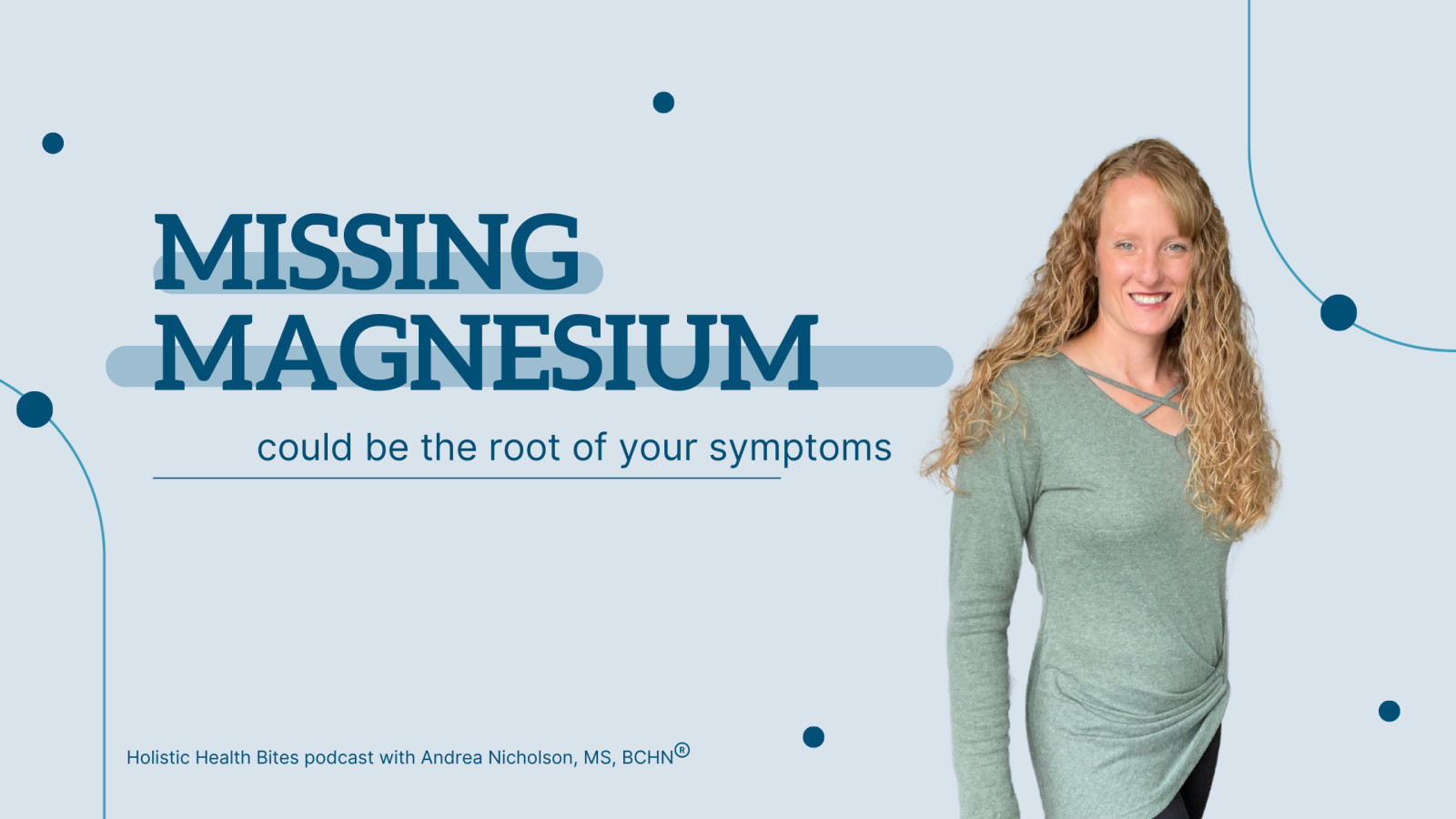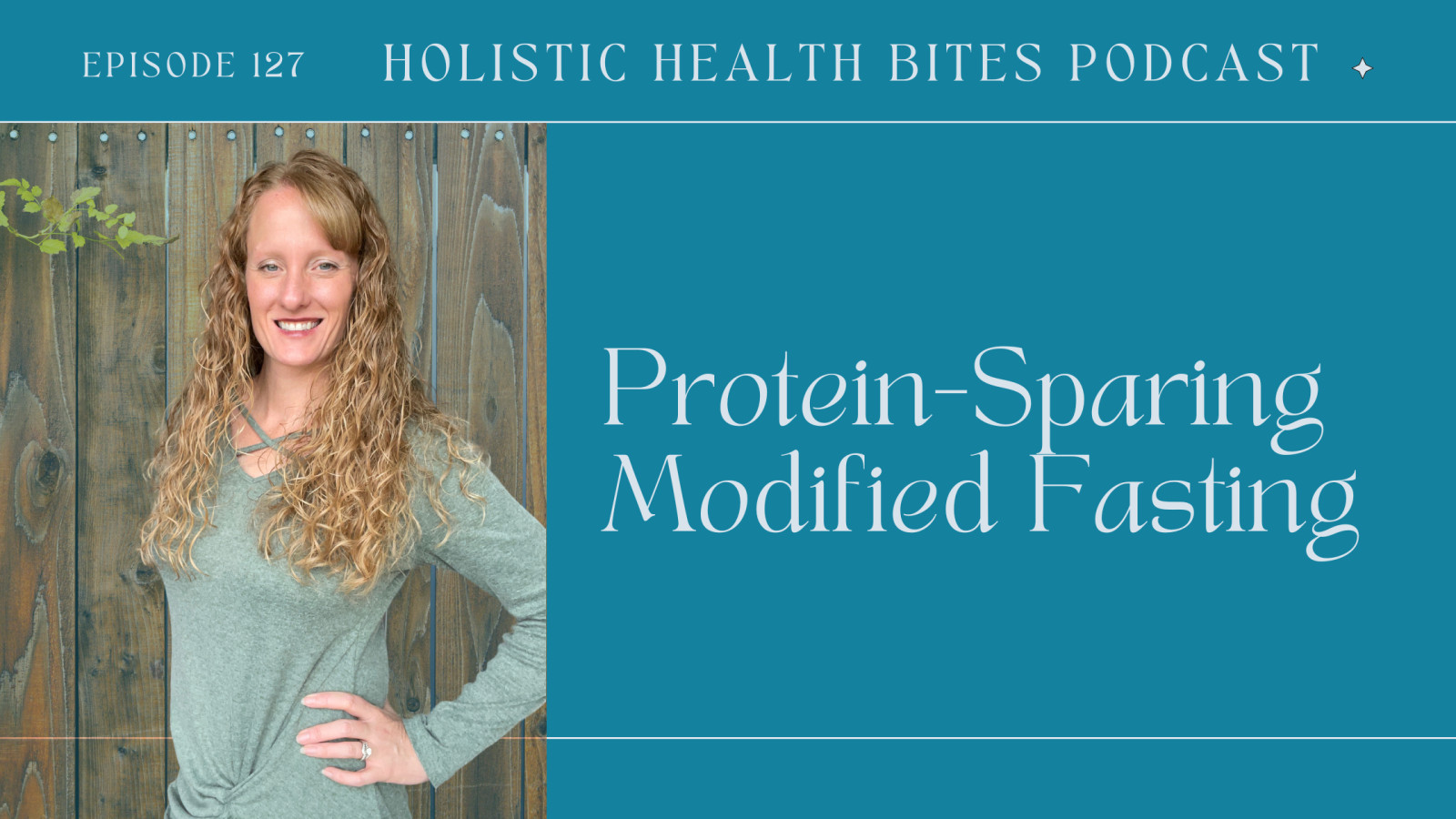In this blog post by functional nutritionist Andrea Nicholson, she explains what SIBO (Small Intestinal Bacterial Overgrowth) is and how it can be treated. SIBO occurs when bacteria overgrow in the small intestines, often due to reduced function of the migrating motor complex. This can lead to symptoms such as diarrhea, constipation, gas, and cramps. SIBO can also cause nutrient deficiencies, weight changes, and even mental health issues. Thankfully, SIBO is reversible and can be treated through various dietary and lifestyle interventions. Limiting carbohydrate intake, practicing intermittent fasting, avoiding high FODMAP foods, and prioritizing a healthy lifestyle are some of the strategies that can help manage SIBO. It is also recommended to work with a practitioner to determine the best course of action and to potentially incorporate supplements or herbs. Overall, making holistic lifestyle changes can improve gut health and prevent or treat SIBO.
Read more...In a recent blog post, functional nutritionist Andrea Nicholson discusses how insulin resistance can have a significant impact on women's health. Insulin resistance is a condition where the body is unable to respond effectively to insulin, leading to high levels of insulin and reduced response. This metabolic problem is more than just an issue with weight or diabetes - it can also lead to PCOS, infertility, aging skin, and other disorders.
Nicholson emphasizes the importance of understanding the underlying causes of symptoms and taking steps to treat them. By addressing the root cause of insulin resistance, women can improve or eliminate symptoms such as weight gain and fatigue. The key is to focus on improving metabolic health through lifestyle changes and a balanced diet, rather than solely on body weight.
Insulin resistance can also impact women's health during menopause, leading to symptoms such as weight gain around the midsection, impaired glucose control, and dysregulation of lipids and cholesterol. It can also contribute to skin changes like acne and wrinkles. However, the good news is that insulin resistance can be reversed or prevented through diet and lifestyle strategies, allowing women to extend their lives with vitality.
Overall, this blog post highlights the importance of understanding insulin resistance and its effects on women's health. By addressing the underlying causes and making positive changes, women can improve their overall well-being and potentially mitigate the risks associated with insulin resistance.
Read more...In this blog post, functional nutritionist Andrea Nicholson emphasizes the importance of diet variation for better health. Eating the same foods every day can lead to an unhealthy lifestyle and negative effects on the body. Diet variation refers to the types of food consumed and how often they are eaten. By adding more variety to your diet, you can improve nutrient intake, reduce boredom with food, enhance appetite control, and increase enjoyment. Intermittent fasting and changing meal times are discussed as strategies to implement diet variation. Ultimately, incorporating diversity into your diet can provide numerous benefits, including improved metabolism and weight loss efforts.
Read more...In this blog post, Functional Nutritionist Andrea Nicholson explains the causes of insulin resistance and offers practical solutions to reverse it. Insulin resistance occurs when insulin levels are consistently elevated and certain cells become resistant to its effects. Nicholson identifies three primary mechanisms that lead to elevated insulin: stress, inflammation, and diet, particularly the consumption of refined carbohydrates. Additionally, she highlights excessive consumption of linoleic acid, found in commonly used cooking oils, as a key factor in fat cells becoming insulin resistant. To combat insulin resistance, Nicholson recommends controlling carbohydrate intake and prioritizing whole, natural carbs, engaging in exercise (specifically resistance and HIIT workouts), and adopting a healthy lifestyle that includes removing toxins, managing stress, and prioritizing quality sleep. By addressing these factors, individuals can effectively manage their insulin levels and reverse insulin resistance.
Read more...Learn more about the relationship between specific health conditions and the microbiome with Functional Nutritionist Andrea Nicholson. The article highlights conditions such as IBS, IBD, weight loss resistance, SIBO, celiac disease, insulin resistance, autoimmune thyroiditis, depression, and mood disorders. Research suggests that a diet rich in fiber and prebiotics, as well as the intake of probiotics, may worsen these conditions due to bacterial overgrowth. For individuals with celiac disease, reduced nutrient absorption and impaired gut motility can further contribute to bacterial overgrowth. Similarly, gut imbalances can lead to weight loss resistance, insulin resistance, and metabolic syndrome. The article emphasizes the importance of gut health in mental well-being and discusses the role of bacteria in the production and management of neurotransmitters. With a focus on improving immune function, nutrient absorption, hormone synthesis, neurotransmitter function, and detoxification, maintaining a healthy balance of bacteria is crucial for optimal metabolic health.
Read more...















